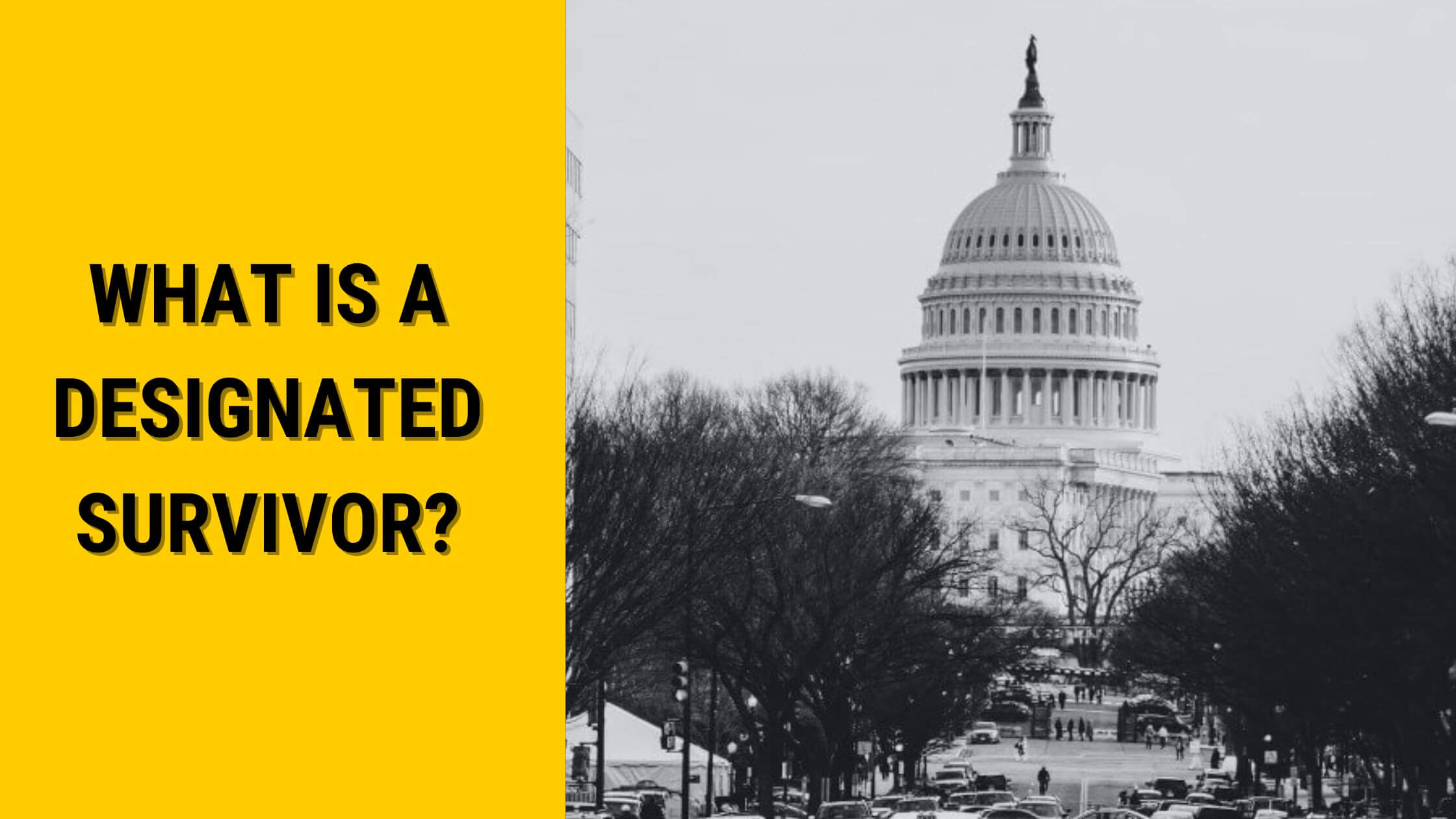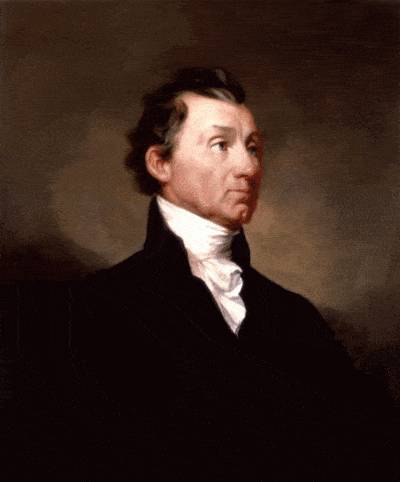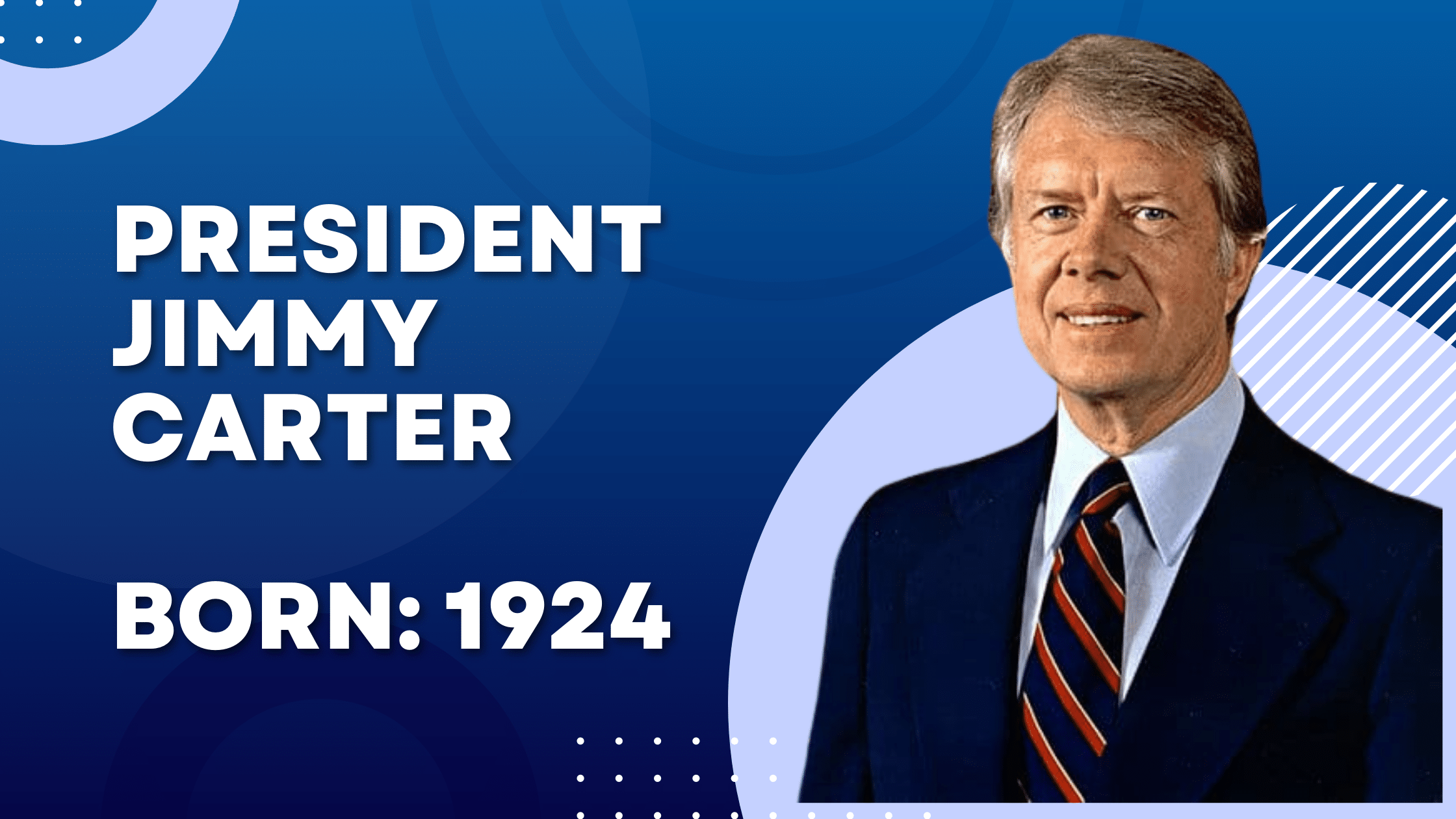Table of Contents
ToggleIt’s a scary thought, what if the entire government was wiped out in one fell swoop? Thankfully, the people who govern our nation have catered for this eventuality. They have put a number of provisions in place for continuity of government in the United States.
In addition to the presidential line of succession, we also have designated survivors. These designated survivors are kept in secure locations during the State of the Union address and other major events, where America’s top leaders gather in the same building, in readiness to lead in the event of disaster.
What is a designated survivor?
A designated survivor is someone who is kept safe from harm so that they can assume the role of president should something happen to the president and his successors.
The designated survivor is usually a member of the president’s Cabinet and chosen by the president, who must be kept out of harm’s way should there be a mass-casualty event due to an attack or natural disaster.
The “designated survivor” procedure has its origins in the United States in the 1950s, when the risk of nuclear attack emerged during the Cold War.
The Presidential Line of Succession
While the line of presidential succession is referred to in the constitution, a designated survivor is not.
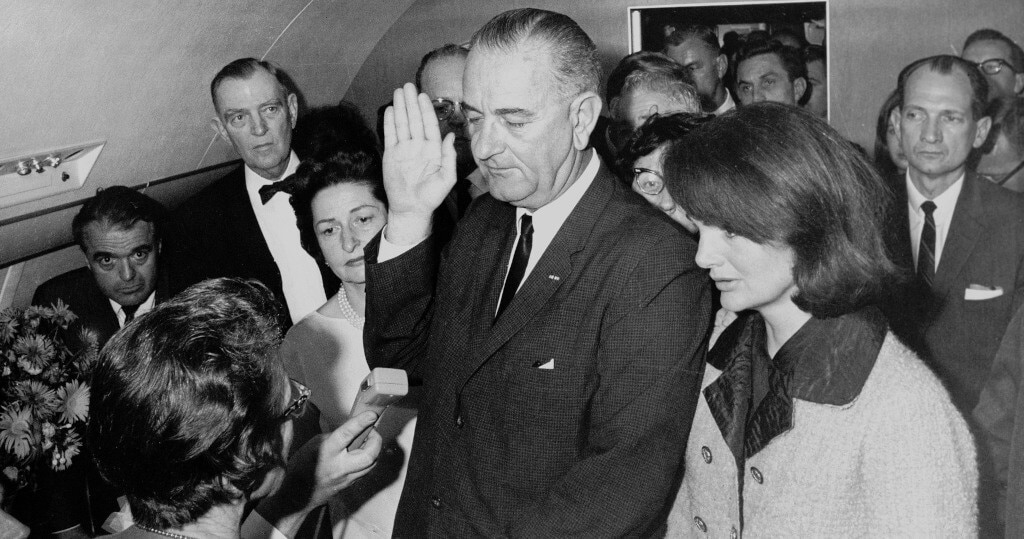
The line of succession is the order in which officials will assume the president’s office if the president and vice president are killed or incapacitated.
The current order of the line of presidential succession was established by the Presidential Succession Act of 1947.
According to the Act, the vice president is second in the line of succession, followed by the Speaker of the House of Representatives, then the President pro tempore of the Senate, and subsequently the members of the president’s Cabinet, starting with the Secretary of State.
The Designated Survivor in America
The United States President is a powerful figure, commanding respect and attention at home and abroad. It’s no wonder that precautions are taken to ensure that the president (and other key government leaders) are protected in the event of a catastrophe. One of those precautions is the designation of a “Designated Survivor.”

Get Smarter on US News, History, and the Constitution
Join the thousands of fellow patriots who rely on our 5-minute newsletter to stay informed on the key events and trends that shaped our nation's past and continue to shape its present.
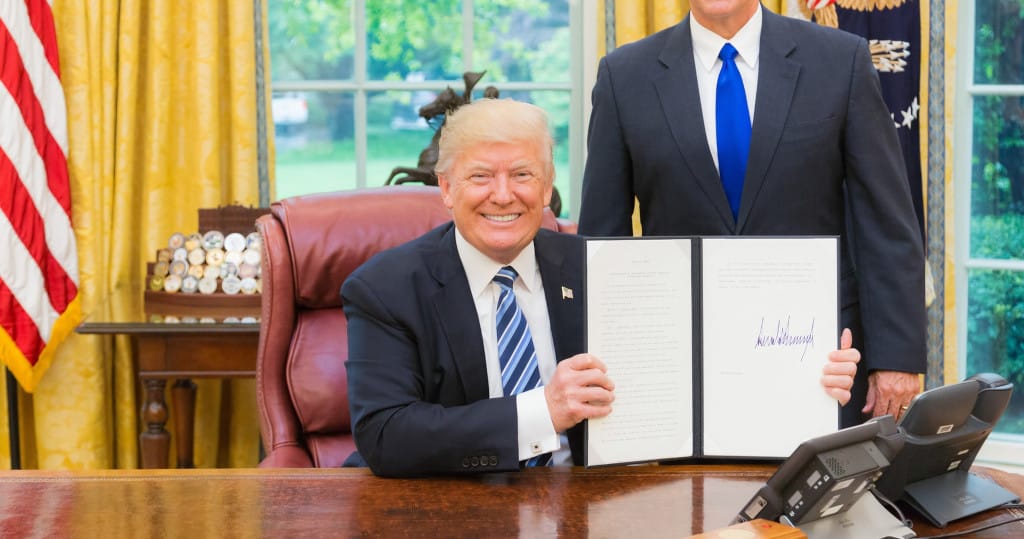
The designated survivor is a member of the president’s Cabinet who is not present at the State of the Union address. If something happens to the president and other top government officials during the address (such as an attack), the designated survivor would be sworn in as president.
The position of designated survivor is rotated among Cabinet members, and those who have served in this role include Attorney General Eric Holder and Secretary of Housing and Urban Development Julián Castro.
While it’s unlikely that anything will actually happen to require the use of a designated survivor, it’s important to have someone ready to step into the Oval Office in the position of Commander in Chief just in case.
History of the Designated Survivor
The concept of adopting a designated survivor originated in the late 1950s during the Cold War with the Soviet Union.
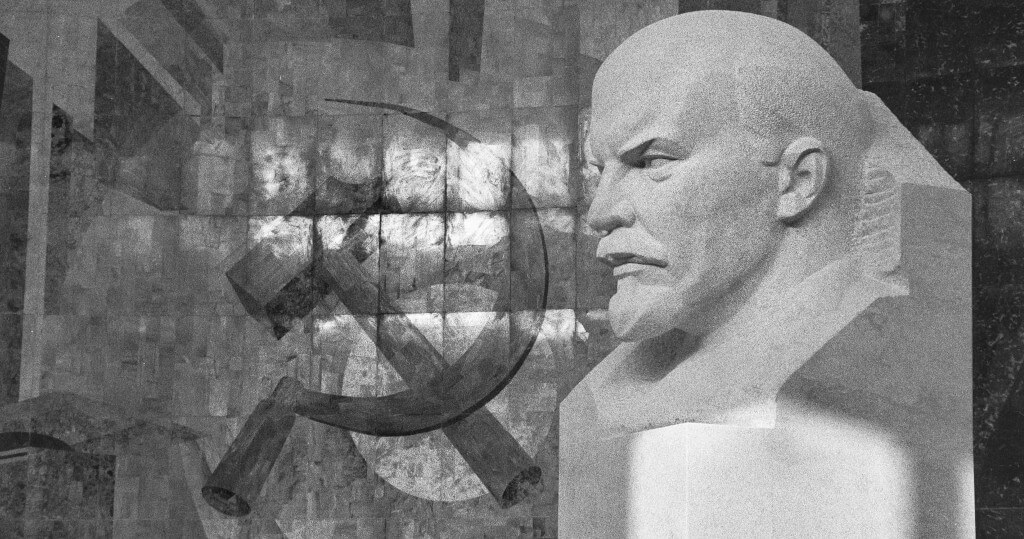
There were real fears that the Soviets could inflict a “decapitation strike” on the executive branch of the United States government.
So, protocols were put in place for designated survivors to be kept in secure locations away from major events, such as a presidential inauguration, and be ready at a moment’s notice to implement continuity of government.
Terrel Bell was the first designated survivor to be publicly named. He served as Education Secretary to President Ronald Reagan in 1981.
The general public has become more conscious of the term in recent years thanks to the Designated Survivor TV series starring Kiefer Sutherland as Tom Kirkman, a Cabinet member and designated survivor. He becomes President Kirkman following a terrorist attack on Capitol Hill at the State of the Union address.
Duties of a Designated Survivor in America
The duties of a designated survivor are often unclear. The designated survivor is a Cabinet-level official who spends his or her evenings away from the Capitol and is ready to take the reins in the event of a worst-case scenario.
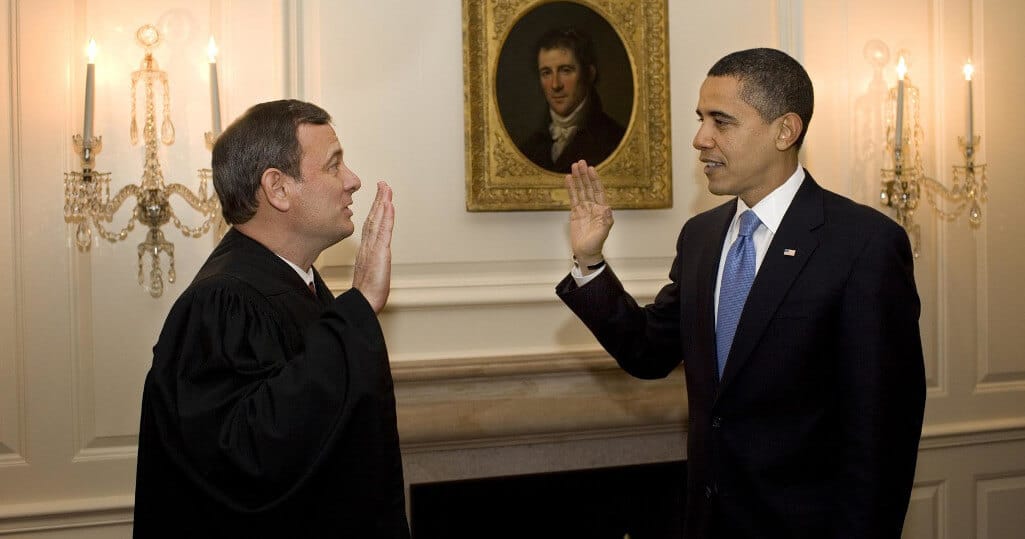
These individuals are chosen by the president to potentially lead the government in times of crisis.
The designated survivor’s name and position are kept secret until the day of a major event.
The designated survivor receives a briefcase filled with top-secret nuclear launch codes. They are whisked away by Secret Service agents to a unknown secure location.
President Barack Obama designated Secretary of State, Hillary Clinton, as a designated survivor for the 2010 State of the Union address.
Benefits of Being a Designated Survivor
The benefits of being a designated survivor are many. They become a designated member of the presidential line of succession, an honor in itself. As designated survivor, they are well protected from potential attacks on the United States.
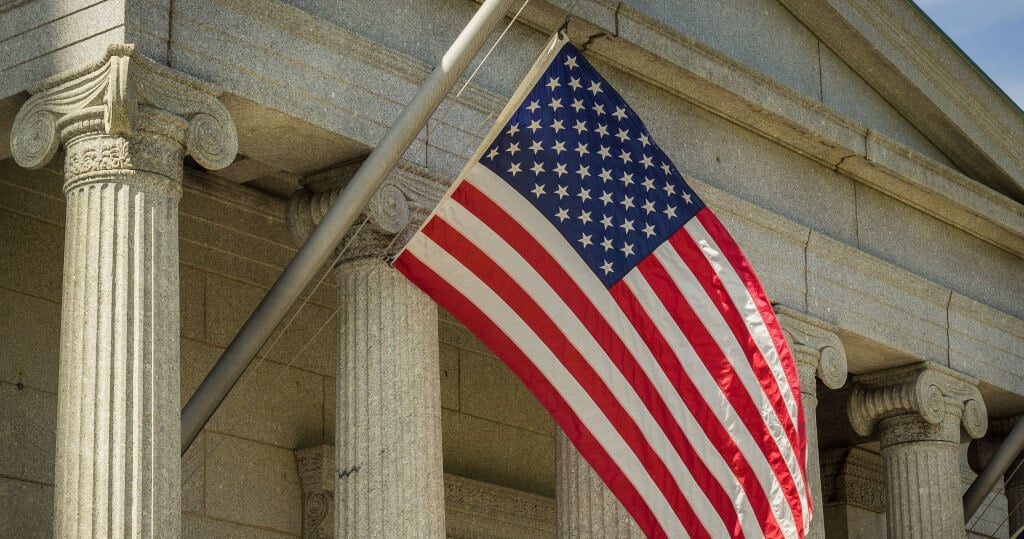
Designated survivors have the unique opportunity to serve as the President of the United States if something happens to the president and vice president. This is an incredibly rare and prestigious opportunity that comes with a great deal of responsibility.
Drawbacks of Being a Designated Survivor
The designated survivor is usually a Cabinet member who does not attend the State of the Union in case of an attack on the Capitol during the speech.
The selected individual is typically not informed of their role until shortly before the State of the Union to not tip off potential attackers. This means that the designated survivor has very little time to prepare for their new role.
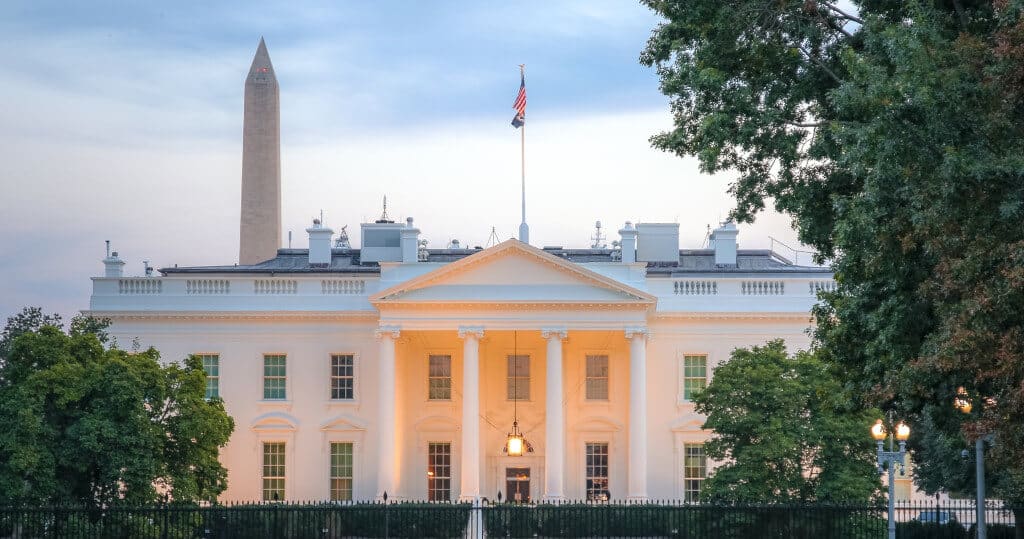
The designated survivor also has to be prepared to take over as president at a moment’s notice, which can be a daunting and stressful responsibility.
Additionally, if something does happen to the president and vice president during the State of the Union, the designated survivor would be thrust into a highly visible and politically charged situation.
It’s very important for the designated survivor to be chosen carefully. The person who holds this position must be politically neutral and can act quickly in the event of a disaster.
